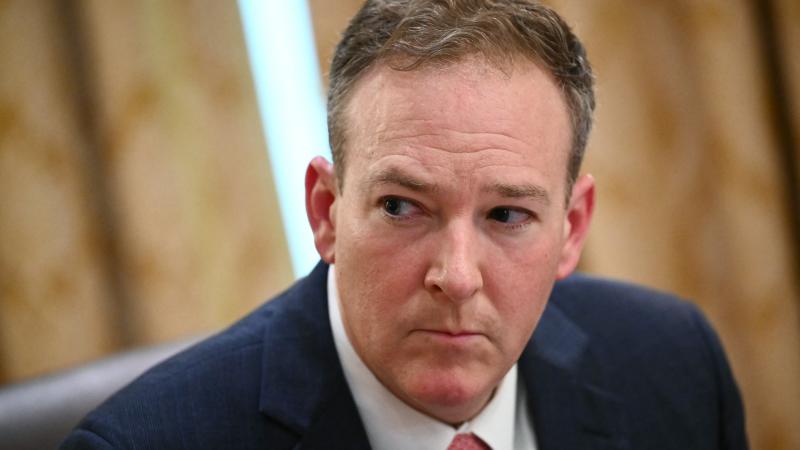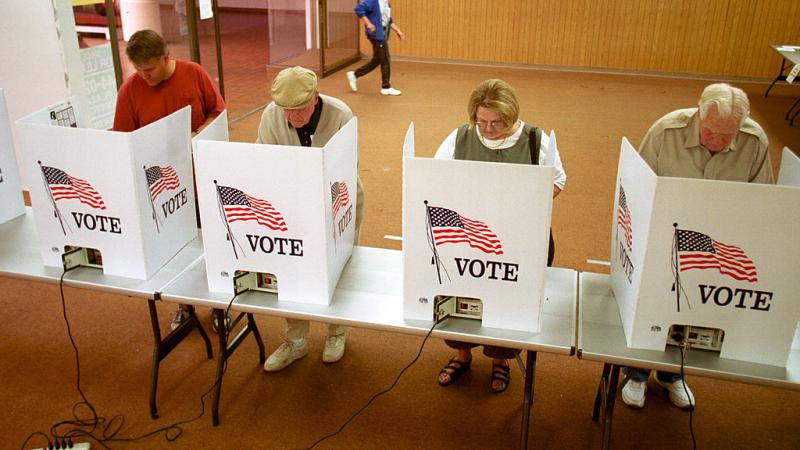Biden admin delays decision on expanded offshore drilling
The lack of a decision comes as the United States battles an energy crunch
The Biden administration on Friday issued a nebulous statement on the future of up to 11 offshore oil and gas drilling leases, insisting its final decision could result in the government approving any number of them from zero to all 11.
An Interior Department official said government was equally mulling options to allow all, none, or some of the sales, according to The Hill. The previous, Obama-era, offshore drilling plan expired on Thursday.
Among the sales in question are 10 sites in the Gulf of Mexico and one in the Cook Inlet near Alaska. It does not include any prospective leases in the Alaskan Arctic or off the Atlantic or Pacific coasts. Any decision by the Biden administration on the plan will not affect current drilling operations, The Hill asserted.
The lack of a decision on the lease comes amid a nationwide energy crunch. The price of gas surpassed $5 per gallon for the first time in U.S. history in early June.
While both inflation and the Russian invasion of Ukraine have partly fueled America's energy woes, President Joe Biden has drawn considerable considerable criticism for his resistance to expanding domestic energy production.
Biden canceled construction of the Keystone XL Pipeline on his first day in office. Moreover, his decision to offset rising prices by releasing 1 million barrels per day from the nation's Strategic Petroleum Reserve drew sharp criticism from Republicans who demanded the president encourage domestic energy production instead.
Energy policy has become a major talking point for Republicans seeking to capitalize off of voter discontent with the administration's handling of the economy. Republicans in June drafted a framework to "restore energy dominance" in response to federal policies.
On the other side, Biden has faced pressure from environmental groups seeking to obstruct what oil and gas drilling expansions Washington is exploring. A slew of environmental groups on Thursday filed a class action suit over a series of leases in Montana, Nevada, North Dakota, and Utah.
Outside of the fossil fuels area, the government has sought to expand other elements of its energy mix, most notably nuclear energy which currently accounts for 52% of domestic clean energy production. The Department of Energy announced in late May a $6 billion to halt the shutdown of several nuclear reactors.
"President Biden is committed to keeping these plants active to reach our clean energy goals," Energy Secretary Jennifer Granholm said at the time. "We're using every tool available to get this country powered by clean energy by 2035, and that includes prioritizing our existing nuclear fleet to allow for continued emissions-free electricity generation and economic stability for the communities leading this important work."
















